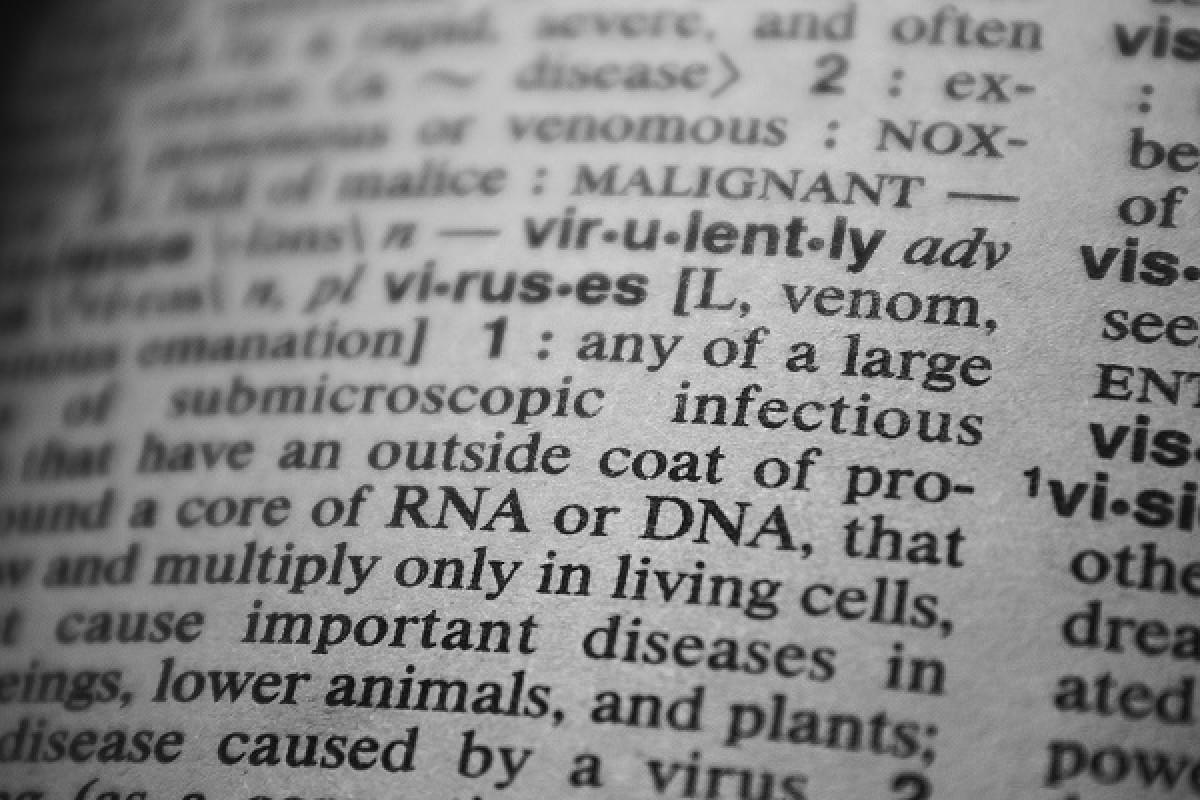Plant epigenetic regulations and memories: importance for plant development and adaptation to their environment
Present the fundamental concept and knowledge on plant epigenetics. Present up to date approaches to analyze epigenetic processes in plants. Introduce the concept of epigenetic memory and show how this leads to new biological questions that unravel fundamental aspects of plant development and adaptation to climate changes (stress; environmentally induced epigenetic modifications). Lectures in Englilsh

Coordinator
- Dr. Sebastian Gómez Talquenca (INTA)
Principal trainers
- Pr. Philippe Gallusci (UMR EGFV, University of Bordeaux, INRAE)
- Dr. Carlos Marfil (UNCuyo-INTA-CONICET)
Invited trainers
- Veronica Noe Ibanez: (IPS2)
- Carolina Lia Gandini (INTA)
Objectives
Present the fundamental concept and knowledge on plant epigenetics. Present up to date approaches to analyze epigenetic processes in plants. Introduce the concept of epigenetic memory and show how this leads to new biological questions that unravel fundamental aspects of plant development and adaptation to climate changes (stress; environmentally induced epigenetic modifications).
Target audience
The course is oriented to graduate students, postdocs or early career scientist involved in plant biology which can take profit of the concept and knowledge on epigenetics.
Learning outcomes
Students will be able to manipulate fundamental concepts in epigenetics, and on the approaches and methodology used to investigate these processes in plants. They will be introduced to bioinformatics applied to epigenetic studies. They will be able to present and discuss fundamental aspects of epigenetics regulations and memories in plants, and integrate this knowledge into the classical approach used in plant physiology
PROGRAM
Day 1 (afternoon From 1 to 6 pm)
- Epigenetics: a general introduction: concepts and examples (3h):
- General introduction, historical aspects (1h): Classical lecture: explain the main concepts and their evolution since 1950; conclude on the actual definition of epigenetic (broad sense that includes also the large definition used in animal systems, for example that include prions)
- Epigenetic mechanisms (1h); Student work: provide general reviews (2 or 3) that describe the different mechanisms associated with epigenetic regulations: organize a discussion in order to allow students to present the different mechanisms (DNA methylation;
- Examples of epigenetic regulations (1h): Student work: Ask student to find known examples of epigenetic processes in animal and plant systems and explain why. No resources are provided; they need to search by themselves. ( forexample: turtle sex/ honeybee cast/ X chromosome inactivation/ paramutation/ parental imprinting/ epialleles/ etc.. )
- DNA Methylation in EK with a focus on plants (4h)
- Historical view of DNA methylation in Eucaryotes (2h): Classical lecture; linking methodology to scientific knowledge
Day 2 (Morning: 9 am to 1 pm)
- DNA Methylation in EK with a focus on plants (4h)
- DNA methylation mechanisms in plants (2h): Classical lecture; present the mechanisms controlling DA methylation in plants using both mutants and molecular biology approaches; present in parallel evolutionof these mechanisms acroos the plant kingdom and make short paralleles with other systems mainly mammalians; describe the DNA methylation distribution across genomes , related to genomic features and present the main function of DA methylation in EK genomes; (some case studies should be included, managed as serious games for students).
- Epigenetic mechanisms in the control of plant development (2h) : Student work;
- Case one: fruits (45 min): Provide 3 articles (tomato/ strawberry/ orange) plus a review; 3 presentations (10 min each + 5 min questions). Each presentation should be focused on one main aspect of the article;
- Summary on fruits (15 min):
- Case two: gamete development: Prepare sets of questions on selected experiments taken from articles related to the topicon part of the same articles 3 selected experiments, (15 min each).
- General conclusion on epigenetic and gamete develomment, consequences for the transmission of epigenetic information (15min)
Day 2 (afternoon: 2 pm to 7 pm)
- Epigenetic inheritance (3h):
- Plant memories (2h) Classical lecture: describe the different concepts of the memories of plants; describe the different tyes of memories; somatic, trans intergenerational; explain through examples (vernalization; EpiRILs; epialleles).
- Plant memories (1h) case study: analysis of epigenetic memory in the case of clonal reproduction and/or plant regeneration: select 3 experiments with a list of questions (1) in vitro regeneration of plants/ trifolium/ dandelion
- Practical on DNA methylation (bioinformatics): 2h; students work on data; everything is prepared in advance by Carolina and Veronica
Day 3 (morning: 8 am to 1 pm)
- Plant stress responses and memories (5h):
- Plant priming (1h)
- Transgenerational transmission of stress induced epigenetic information (1h)
- Sexual reproduction
- Vegetative multiplication
- Cases studies and discussions: student work (3h)
- Article on plant priming: abiotic stress/ or biotic (1h30)
- Articles on sexual transmission on epigenetic stress m
Cursado
Presence; Face to face teaching (hybrid can be done if needed) at Aula de Posgrado room (FCA-UNCuyo)Destinatarios
The course is oriented to graduate students, postdocs or early career scientist involved in plant biology which can take profit of the concept and knowledge on epigenetics.Inscripción
Los interesados podrán pre-inscribirse mediante el siguiente formulario Google (hacer clic aquí). Curso de Posgrado con régimen de presencialidad asistida por tecnología con un cupo máximo de 30 alumnos, con prioridad para alumnos regulares de las maestrías acreditadas en la UNCuyo.
Una vez aceptada la solicitud de inscripción, el interesado deberá abonar el arancel antes del comienzo del curso:
Estudiantes extranjeros: mediante PayPal (@cooperadorafcauncuyo o al siguiente enlace de pago)
Estudiantes nacionales: mediante depósito bancario o Transferencia bancaria a la cuenta:
Razón Social: Asociación Cooperadora de la Facultad de Ciencias Agrarias
CUIT: 30-62910666-5 IVA EXENTO
Banco: HSBC
Sucursal: Luján de Cuyo Mendoza
Cuenta Corriente: 5133-20751-9
Nro. CBU: 15000879-00051332075196
Facturación: emite facturas "C"
Costos / Aranceles
$17.000,00 para estudiantes nacionales y nacionalizados (con al menos 2 años de residencia) / u$s 200 para estudiantes extranjerosInformes y contacto
Para mayor información escribir a sectyp@fca.uncu.edu.ar
